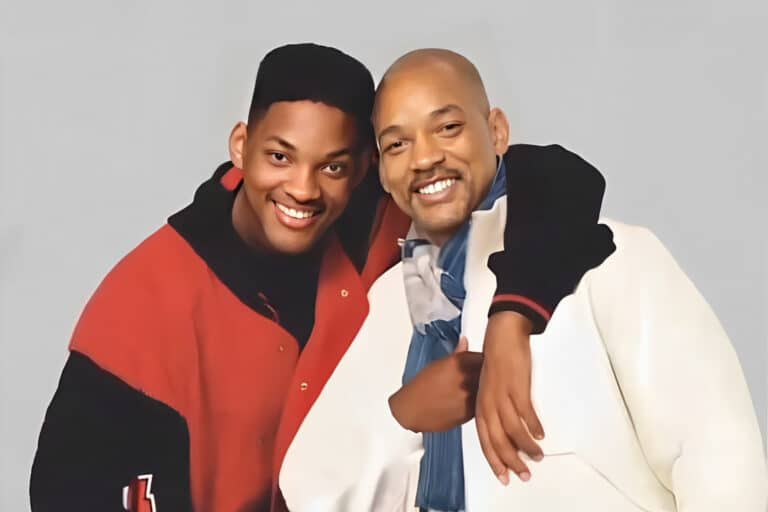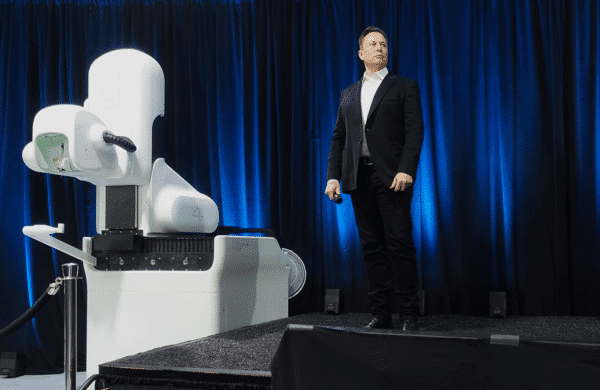Artificial intelligence continues to astonish the world with its innovative capabilities. Recently, this technology has been used to recreate iconic celebrities interacting with their younger selves. Among the famous individuals featured in these remarkable animations are Will Smith, Clint Eastwood, and Michael Jackson, who are shown embracing their younger versions, generating a mix of nostalgia and wonder among the audience.
AI in Entertainment
Ard Gelinck, a talented artist from the Netherlands, has recently gained popularity thanks to a video that has been widely circulated on the internet over the past few weeks. Although his name is not well-known, his work has captured the attention of many. On his Instagram account, Gelinck demonstrates how he can combine photos of the same person at different stages of their life. However, this time, he has taken it a step further by animating these images, a considerable technical challenge.
These recreations were achieved through sophisticated AI algorithms that analyze and synthesize thousands of images and videos of celebrities. The AI not only recreates appearances but also animates movements and facial expressions realistically. The result is photorealistic videos where legendary figures from the past convincingly interact with their rejuvenated versions.
This use of AI raises ethical and emotional questions. Seeing today's famous people interact with their younger selves prompts reflections on authenticity and the perception of personal image. Additionally, the technology is opening new doors in the entertainment industry, offering possibilities once unimaginable for creating visual content. AI rejuvenation or even the potential to produce films indefinitely with actors who are no longer with us are ideas that seemed like science fiction a few years ago but are increasingly viable today. The technology is nearly unstoppable, so we will need to find "new value" in the audiovisual products we consume.
Ethical and Emotional Debate
The emotional impact of seeing someone interact with a younger version of themselves is profound. These recreations can evoke feelings of nostalgia and reflection on the passage of time. Imagining yourself hugging the child you once were, and being able to see it on a screen, is an idea that stirs many conflicting feelings. This leads to debates about the ethical limits of using images and recreations of people, especially when it involves public figures who are no longer alive to give their consent.
Artificial intelligence technology continues to evolve rapidly, and its application in entertainment is just one of the many areas where it is making an impact. As these technologies advance, it is crucial to consider both the opportunities and the ethical and emotional implications they bring.




